Top 7 Health Benefits of Pectin
Pectin is a type of fruit fiber that contains no toxic compounds. Because it is derived from fruits such as oranges, plums, peaches, and apples, this ... read more...digestible fiber leaves the digestive tract within a day. Pectin is responsible for the gelling of jams and jellies. It is present naturally in the cell walls of most fruits and is most concentrated in apples and citrus, from whence it is extracted. Pectin has been connected to a number of new health benefits, including lower cholesterol and better blood sugar control. This article will introduce you to the best health benefits of pectin.
-
One fluid ounce (29 grams) of liquid pectin contains:
- Calories: 3
- Protein: 0 grams
- Fat: 0 grams
- Carbs: 1 gram
- Fiber: 1 gram
The nutrient content of powdered pectin is comparable. There are no significant amounts of vitamins or minerals in either liquid or powdered forms, and all of the carbs and calories come from fiber. However, some pectin dry mixes contain added sugar and calories. These combinations can also be used to create jams and jellies. Pectin is primarily used in food production and home cooking as a thickener. It’s added to commercially produced and homemade jams, jellies, and preserves. It may likewise be added to flavored milk and drinkable yogurt as a stabilizer.
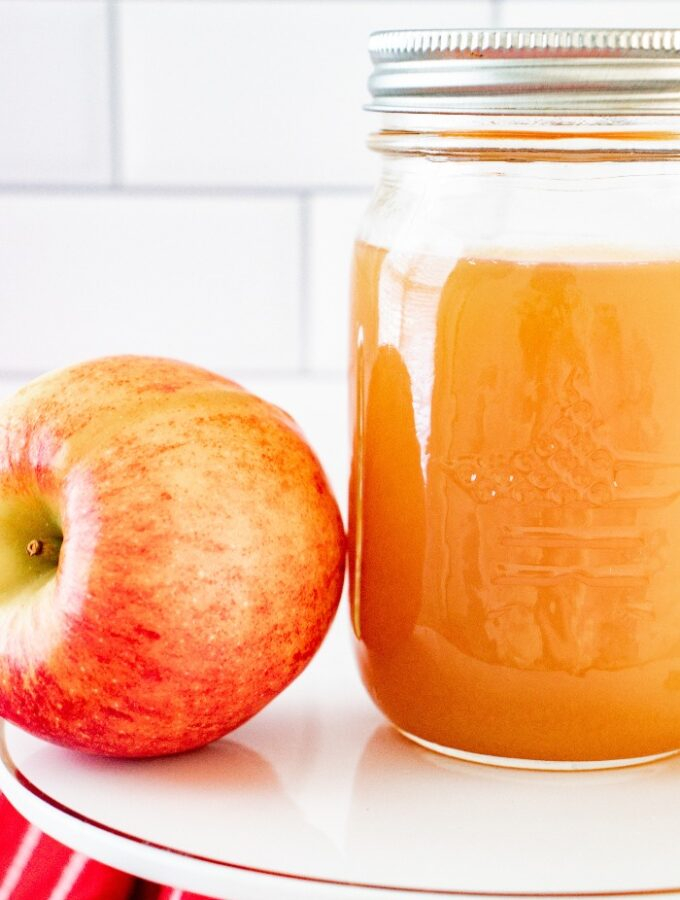
High in nutrients 
High in nutrients -
Pectin has been shown in animal tests to lower blood sugar levels and improve blood-sugar-related hormone function, which may aid in the management of type 2 diabetes. Human studies, however, have not found the same dramatic impact on blood sugar control. Pectin may potentially lessen your risk of heart disease by binding with cholesterol in your digestive tract and preventing it from being absorbed. In one study of 57 adults, those who took 15 grams of pectin per day saw a 7% drop in LDL (bad) cholesterol when compared to a control group.
Animal studies have also shown that these supplements can decrease cholesterol and blood fat levels. The more human study is needed, however, to better understand how pectin impacts blood sugar and fat levels.
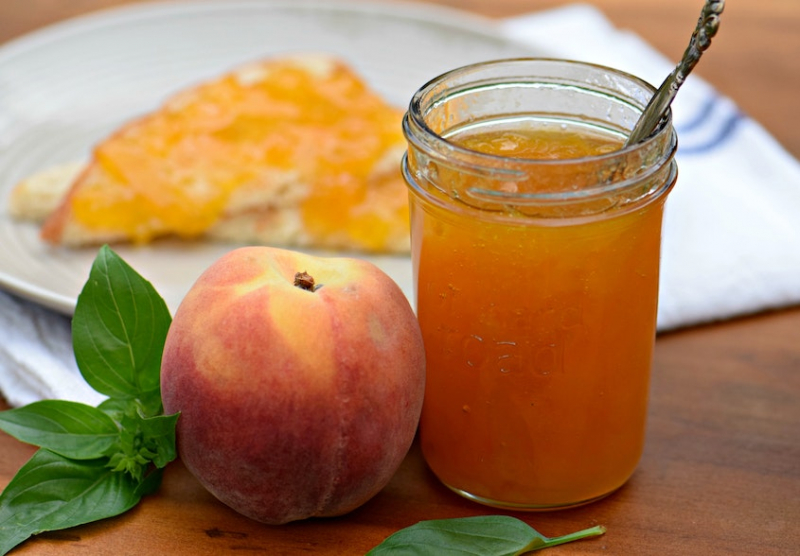
Improves blood sugar and blood fat levels 
Improves blood sugar and blood fat levels -
Pectin has been shown in laboratory experiments to kill colon cancer cells. Furthermore, this fiber reduces inflammation and cellular damage, which can lead to the creation of colon cancer cells, lowering the risk of colon cancer. According to the researchers, pectin can reduce colon cancer risk by binding with and limiting the absorption of galectin-3, which has been linked to an elevated risk of colon cancer.
Pectin also killed several types of cancer cells in test tubes, including breast, liver, stomach, and lung cancer cells. More research is needed, however, to determine whether and how pectin affects cancer in humans.
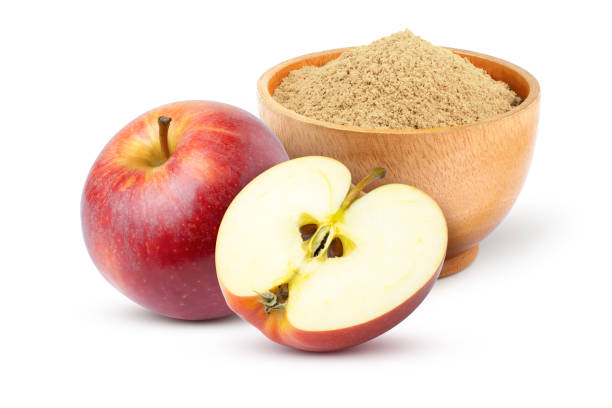
Decreases colon cancer risk 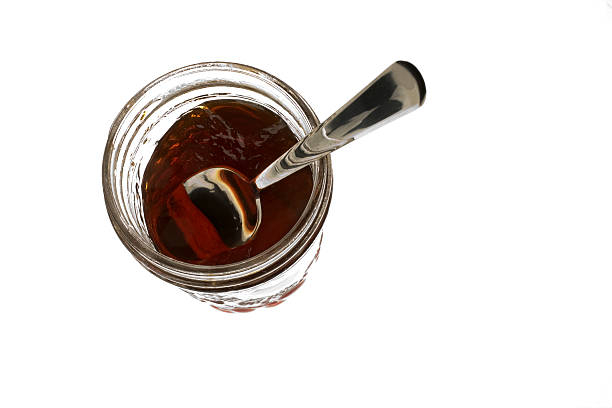
Decreases colon cancer risk -
Pectin may also help you maintain a healthy weight. Increased fiber consumption has been associated with a lower incidence of overweight and obesity in human studies. This is thought to be because fiber is full, and most high-fiber foods have fewer calories than low-fiber foods such as refined grains.
Furthermore, animal research has shown that pectin supplementation improved weight loss and fat burn in obese rats. One study in rats indicated that pectin increased satiety and decreased calorie intake more than a high-protein meal. Similar studies have found that pectin increases satiety — or fullness — hormone levels in mice.
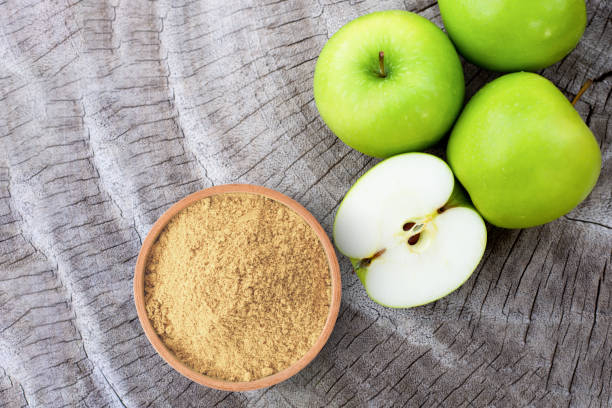
Promotes a healthy weight 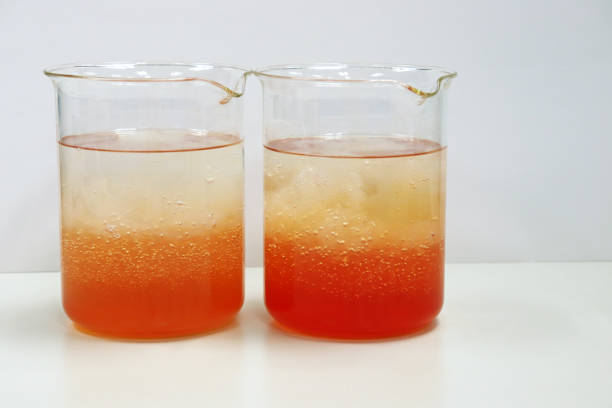
Promotes a healthy weight -
Pectin, a soluble fiber with unique gelling properties, assists digestion in a variety of ways. In the presence of water, soluble fibers gel in your digestive tract. As a result, they soften the stool and accelerate the passage of material through the digestive tract, so decreasing constipation. Soluble fiber is also a prebiotic, or a food supply for the good bacteria in your gut. In a 4-week trial of 80 persons with slow-transit constipation, those who received 24 grams of pectin daily had more beneficial bacteria in their stomach and fewer constipation symptoms than the control group.
Furthermore, animal studies have shown that these supplements boost the health of gut flora, which can reduce inflammation and alleviate gastrointestinal symptoms. Additionally, this distinct fiber may build a protective barrier around the stomach lining, preventing harmful microorganisms from entering your body.

Helps with gastrointestinal issues 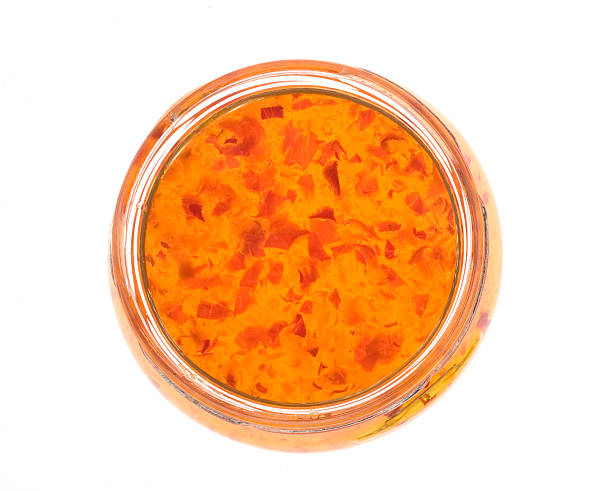
Helps with gastrointestinal issues -
According to certain studies, apple pectin may help with iron absorption. Iron is a mineral that is required for the delivery of oxygen throughout the body as well as the formation of red blood cells. This could be especially essential for persons suffering from anemia, a condition characterized by weakness and weariness caused by iron deficiency. Notably, the World Health Organization (WHO) claims that more than 30% of women of reproductive age worldwide are anemic.
Menstruating women and those who eat a vegan or vegetarian diet are more vulnerable to iron deficiency. Menstruation can cause iron loss, and iron from plant-based diets is not as well absorbed as iron from animal sources.
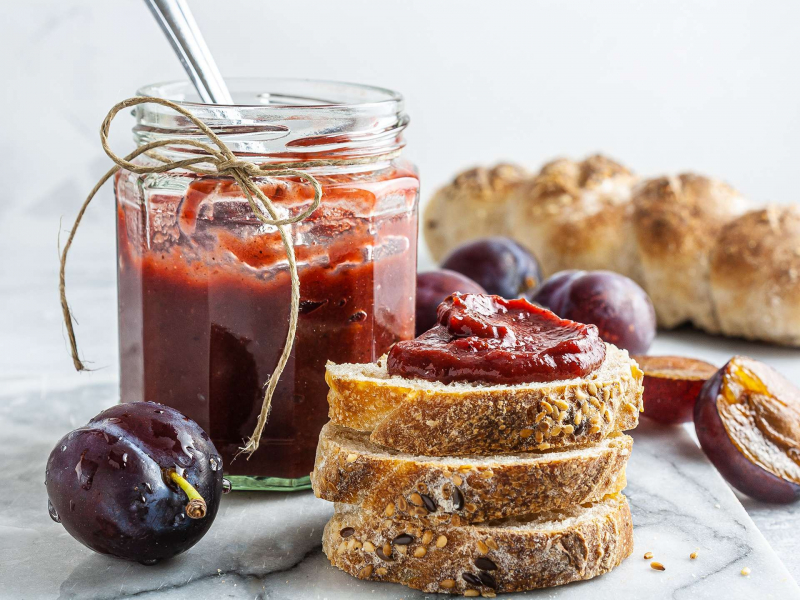
May enhance iron absorption 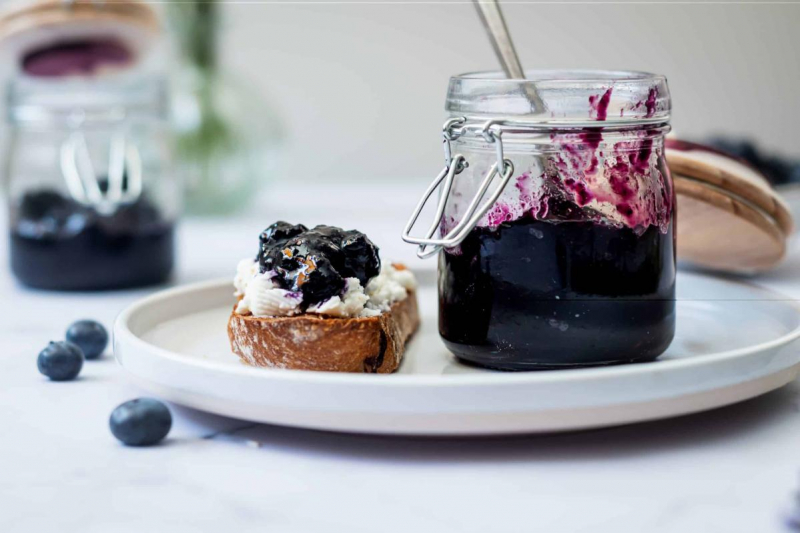
May enhance iron absorption -
Pectin may help alleviate acid reflux symptoms. Acid reflux, a disorder in which stomach acid rises into the esophagus, affects around 20% of individuals in the United States. When it happens frequently enough, it might cause heartburn or gastroesophageal reflux disease (GERD). In a study of 18 children with cerebral palsy who were receiving tube feedings, those who had pectin in their formulas had fewer and less severe episodes of acid reflux. However, due to the study's limitations, more research is required.
Millions of people suffer from hair loss, which is tough to treat. Anecdotal evidence links pectin to healthier hair and skin. It has also been incorporated into cosmetic goods such as shampoos to promote thicker hair. However, there is no scientific evidence connecting pectin to hair or skin health. Whole apples are your best bet because their vitamin C concentration promotes healthy skin.

May improve acid reflux 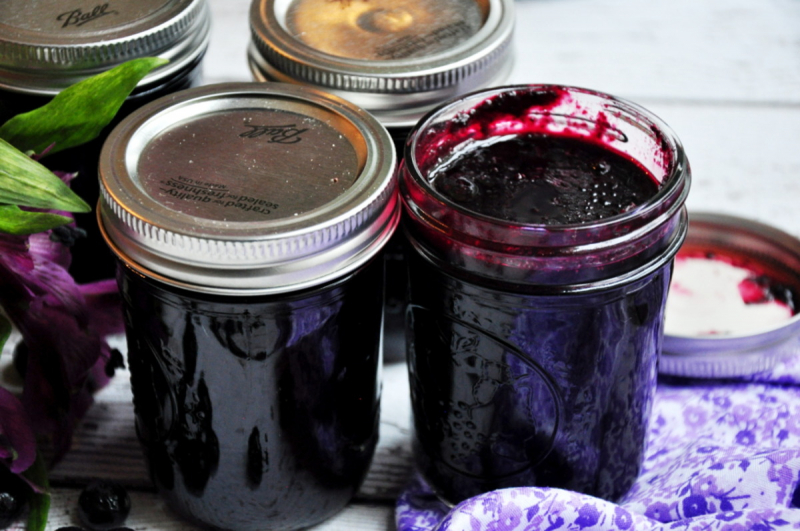
May improve acid reflux




























